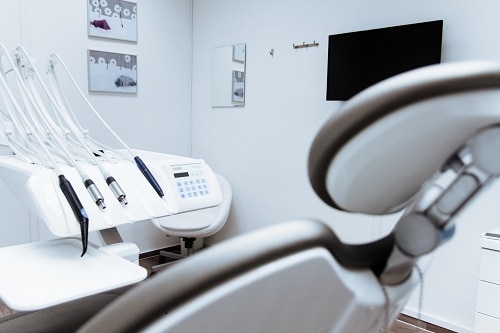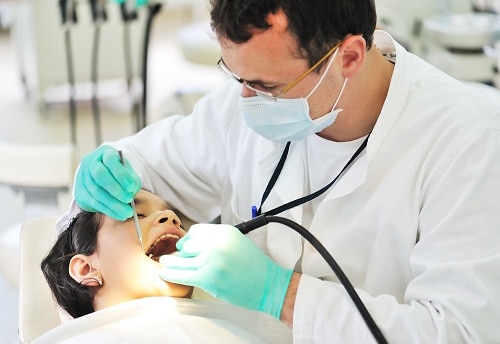
Partials typically include a few artificial teeth, a section of artificial gum, and clasps or bridges to secure them to the neighbouring teeth. The bridge replaces missing teeth by placing crowns on teeth on either side of the space.
Types of partial dentures
- Fixed partial dentures are also called “dental implant bridges.” They permanently attach to existing implants or natural teeth and are made of biocompatible titanium. Fixed partial dentures are embedded beneath the gum line and integrate with the jaw bone. The artificial teeth are then secured to the implants.
- Removable partial dentures consist of artificial teeth that are secured with clasps. Removable partials have temporary forms called “flippers,” made of acrylic material. Another temporary form is the “flexible partial” which can be more comfortable and realistic-looking than flippers. Longer-lasting removable partials are made of a cast metal framework that supports replacement teeth and precision attachments.

Proper care
- 1. Regularly clean dentures to rinse off food particles that could cause plaque buildup. Use a toothbrush and paste/gel prescribed for denture cleaning. Regular toothpaste could scratch or destroy dentures.
2. Clean and massage gums. Brush natural teeth with a soft-bristled toothbrush and use floss. Unhealthy teeth and gums could lead to contaminated dentures.
3. Remove dentures overnight and soak them in denture cleaner to disinfect. If partials have metal clasps, only use warm water for soaking to avoid tarnishing the metal.
4. When partials are not in use, keep them in water to stop them from drying out and so they’ll retain their fit. Do not use hot water for soaking.
5. Spot possible cracks in dentures. If they are no longer comfortable, visit your denture provider right away. An adjustment or replacement might be needed.


